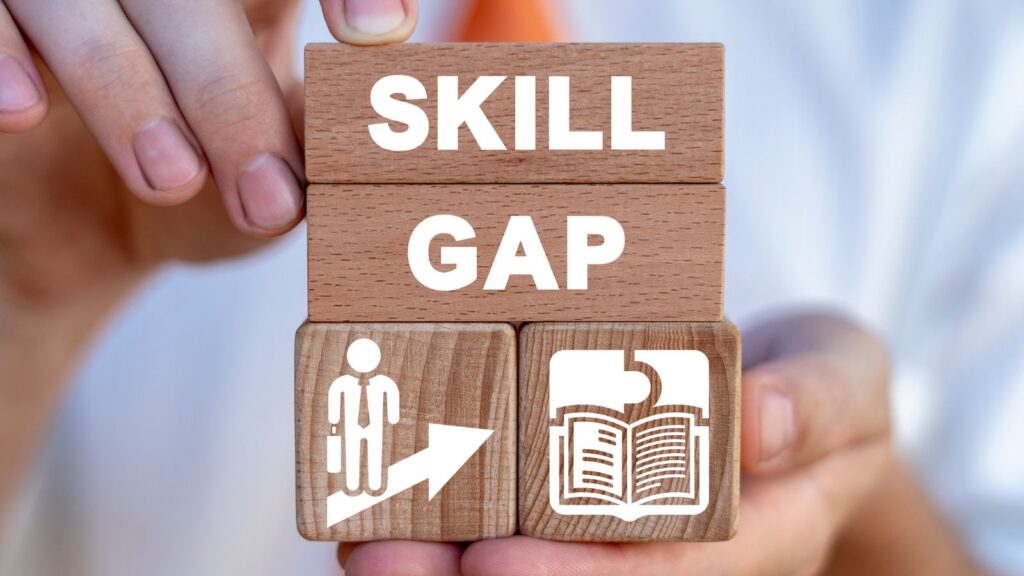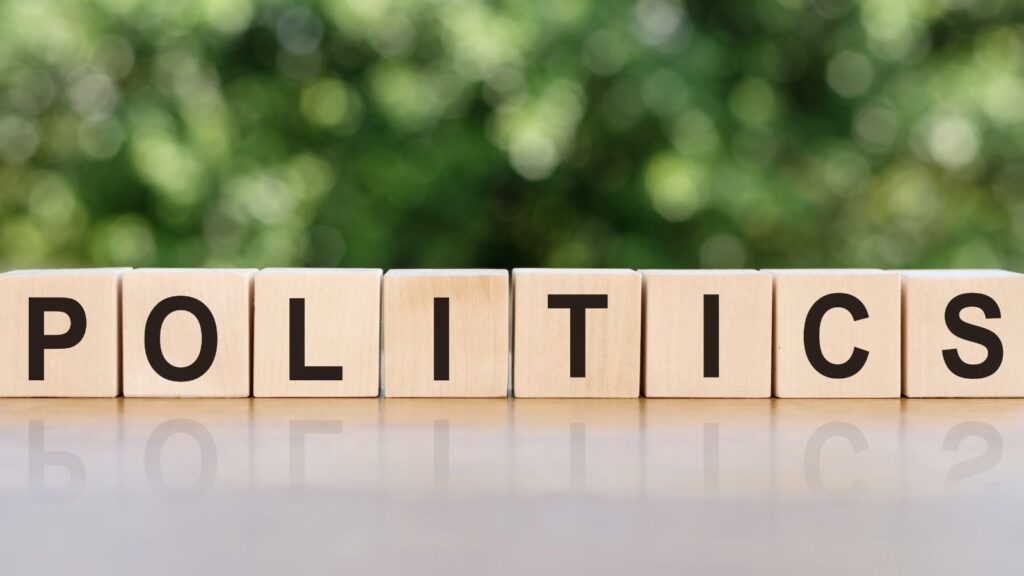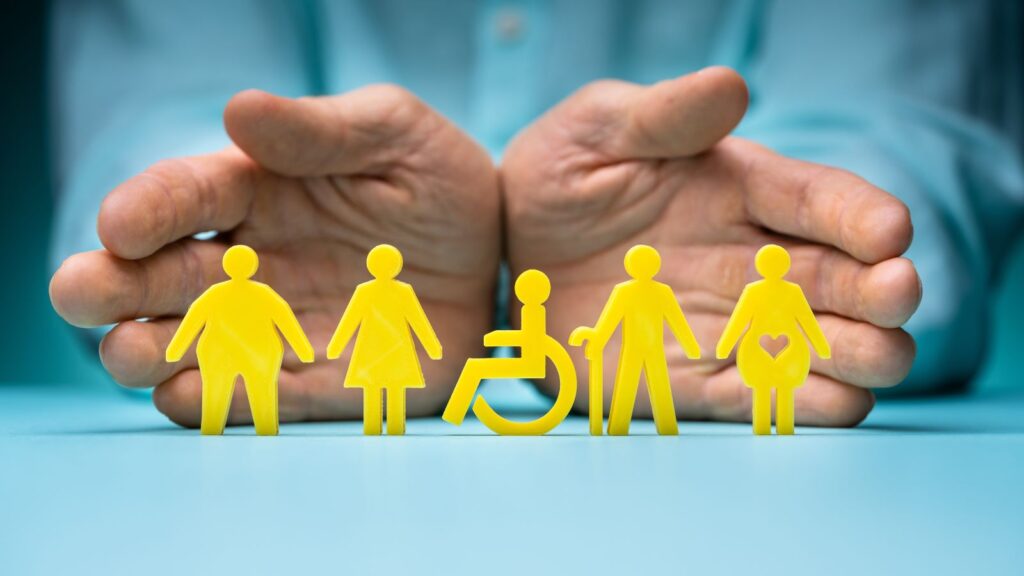We hear a lot about “white privilege,” which is, indeed, a real thing, and white males have been singled out as having access to just about every kind of privilege there is. Whether it’s power, wealth, education, or career opportunities, white men in America have become targets for everything that’s wrong in American society. But, despite their apparent advantages, white men face their own unique set of challenges, and several societal, economic, and cultural factors contribute to the disadvantages experienced by white males. Let’s take a look at 18 overlooked disadvantages of white men in America.
Educational Disparities

While they used to be the leading demographic in higher education, a lot has changed, and white men are now increasingly underrepresented in higher education. As college attendance rises among women and minority groups, fewer white men are pursuing and completing college degrees, which can limit their career opportunities and economic mobility.
Social Isolation

Societal changes have led to increased social isolation among white men. Declining participation in community and religious organizations and reduced social networks contribute to feelings of loneliness and disconnection among American white males.
Impact of Automation

Automation and the decline of manual labor jobs disproportionately affect white men who traditionally filled these roles, and the economic shift towards automation leaves many without clear paths to new employment opportunities.
Societal Expectations

The pressure to conform to traditional masculine ideals can be overwhelming, and white men often feel the need to display strength and stoicism by suppressing their emotions, which can have negative consequences for mental health.
Rural Disadvantages

White men in rural areas face unique challenges, including limited access to healthcare, education, and economic opportunities, and the decline of rural industries has left many white males struggling to find sustainable livelihoods.
Health Concerns

White men face significant health challenges, including higher rates of suicide and substance abuse. Mental health issues, often exacerbated by societal expectations and economic stress, are prevalent among this group.
Changing Gender Roles

Evolving gender roles have created confusion and stress for many white men. The traditional expectation of being the primary breadwinner conflicts with modern dynamics, leading to identity crises and emotional struggles. Many men don’t know what it means to “be a man” anymore, with many struggling to articulate a definition of masculinity.
Job Market Discrimination

While often viewed as the most advantaged group, white men can also experience job market discrimination, particularly in industries striving to diversify their workforce. While hiring “white males” was once seen as a power move, it is now viewed as “out of touch,” with phrases like “stale, male, and pale” putting a negative slant toward this demographic. This can lead to fewer opportunities in the workplace and career stagnation for white American men.
Perception of Reverse Discrimination

Many white men perceive that they are unfairly disadvantaged by affirmative action and other policies designed to address racial and gender imbalances in society. This perception can generate resentment and feelings of alienation among white males.
Legal and Custodial Bias

In family courts, white men often feel they face biases in custody battles and divorce proceedings. This perception of an inherent disadvantage in legal systems can lead to significant emotional and financial stress, with white men often feeling under attack just because they are male.
Education and Skills Gap

The rapid advancement of technology has created a skills gap that many white men find challenging to bridge. The shift from manufacturing to technology-based jobs requires new skills that some find difficult to acquire, especially later in life.
Mental Health Stigma

White men frequently face stigma when seeking help for mental health issues. The cultural expectation to “tough it out” can prevent many from getting the support they need, resulting in worse mental health outcomes.
Political Disenfranchisement

Some white men feel politically disenfranchised, believing that their voices are increasingly marginalized in favor of minority groups. This sentiment can contribute to a sense of powerlessness and disengagement from civic processes.
Declining Marriage Rates

Marriage rates among white men have declined, leading to reduced family stability and support networks. This trend is often linked to broader economic and social changes that make traditional family structures and long-term romantic relationships less attainable for men.
Cultural Shifts

Cultural narratives that paint white men as oppressors can lead to a sense of unfair vilification, and this negative narrative often neglects the complexities of individual experiences. Not all white men are oppressors, nor are they entitled misogynists, as the media would frequently have us believe. It is both unfair and discriminatory to label an entire gender with such disparaging accusations.
Physical Health Issues

White men are susceptible to various physical health issues, including heart disease and obesity. A lack of access to and engagement with healthcare often exacerbates these problems, affecting the overall well-being of white males.
Workplace Diversity Initiatives

Diversity, Equity, and Inclusion (DEI) programs in many workplaces aim to support underrepresented groups. While beneficial for minorities, these initiatives can sometimes leave white men feeling sidelined, impacting their career progression, self-esteem, confidence, and workplace morale.
Economic Shifts and Job Loss

The decline of manufacturing and traditional blue-collar jobs has disproportionately affected white working-class men. Economic disruptions like the Great Recession and the COVID-19 pandemic have exacerbated these challenges, leaving many struggling to adapt to the changing job market. Fewer employment opportunities and declining industry have resulted in lots of white males struggling financially, and this, combined with the cost of living crises, etc, has led to declining mental health amongst white males.
Acknowledging the Challenges

The struggles of white men in America are multifaceted and deeply intertwined with broader societal issues. Acknowledging these challenges is essential for encouraging a more inclusive conversation about privilege, disadvantage, and the paths toward a more equitable society.
30 Traditional Sayings That Are Now Considered Offensive by Woke Culture

30 Traditional Sayings That Are Now Considered Offensive by Woke Culture
21 Habits Often Associated With Having a Lower Social Status

21 Habits Often Associated With Having a Lower Social Status
25 Social Issues Gen Z are Determined to Cancel

